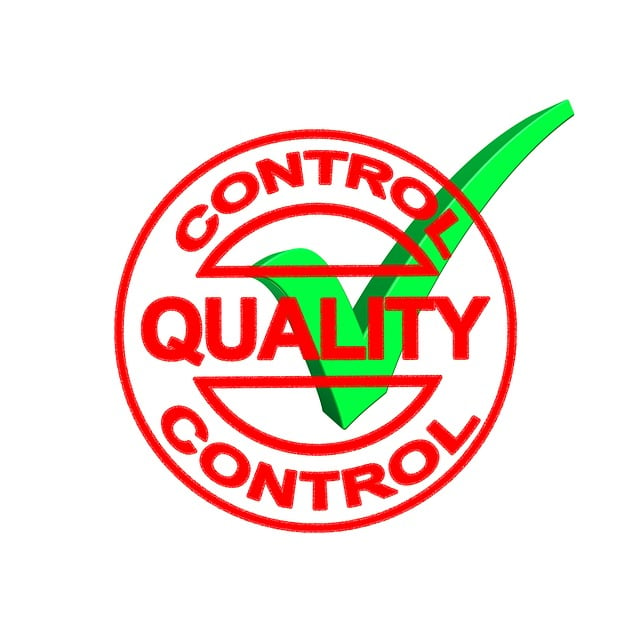Commercial pest control is essential for maintaining safe, hygienic, and productive environments in diverse business settings, from offices to food establishments and industrial facilities. Professional exterminator services offer specialized knowledge, advanced tools, eco-friendly products, regulatory compliance, and strategic treatments to address unique pest challenges like rodents, ants, termites, and insects. Choosing reputable providers who employ modern IPM techniques ensures effective, sustainable, and safe pest management while enhancing business operations and brand image.
In the realm of commercial property management, addressing pest infestations is a critical yet often overlooked aspect. Effective Commercial Pest Control goes beyond mere eradication; it involves strategic prevention and management. This article delves into the essential elements of professional exterminator services tailored for commercial spaces. From understanding common pests and their impact to exploring modern eco-friendly solutions, we provide insights on choosing the right expert, implementing preventive measures, and navigating the scope of comprehensive commercial pest control services.
Understanding Commercial Pest Control: The Need for Professional Services
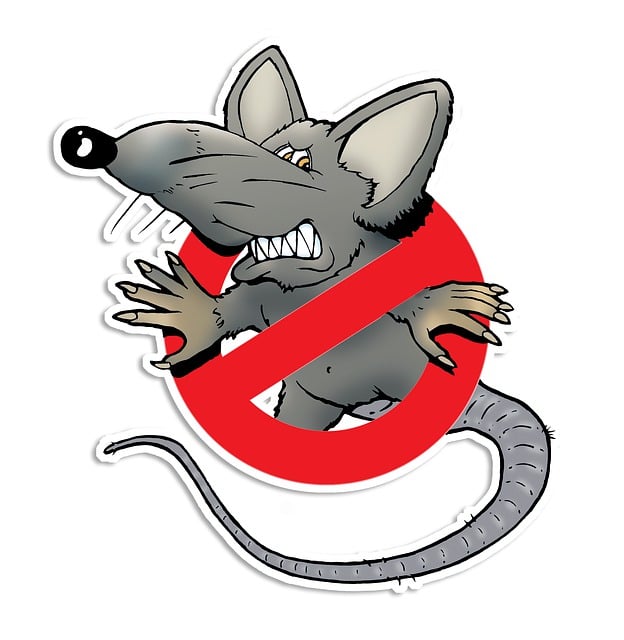
Pest problems in commercial spaces can be a significant challenge, often requiring specialized knowledge and equipment to address effectively. Unlike residential settings, commercial properties typically present unique environments with diverse pest issues. From offices and retail stores to food service establishments and industrial facilities, each has its own set of potential pests and corresponding control measures. Professional commercial exterminator services offer expertise tailored to these varied needs.
Hiring professionals is crucial for several reasons. First, they have the necessary training and experience to identify various pest species and their behaviors, enabling them to develop targeted strategies. Secondly, commercial exterminators bring advanced tools and eco-friendly products that are safe for both occupants and the environment. They also ensure compliance with local regulations, which can be complex and ever-changing. By entrusting these tasks to experts, business owners can maintain a clean, healthy, and pest-free environment, fostering a positive image and ensuring operational continuity.
Common Pests in Commercial Spaces and Their Impact
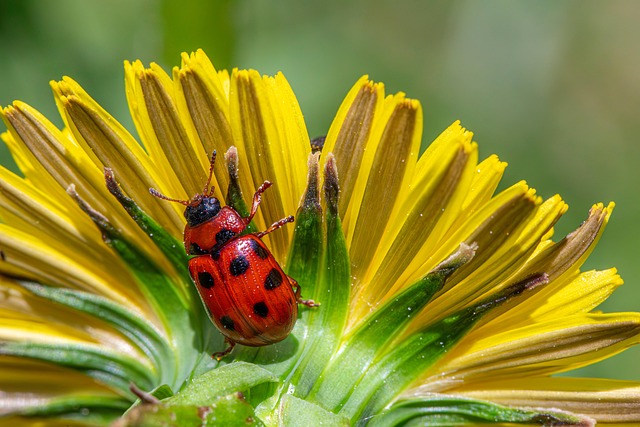
Commercial spaces, from offices to retail stores, often face unique pest challenges. Common pests like rodents, ants, termites, and insects can infiltrate and cause significant damage. Rodents, for instance, not only contaminate food sources but also chew through wiring, insulation, and even structural materials, leading to costly repairs and potential safety hazards. Ants and termites can infest wood structures, causing extensive damage over time. Insect infestations, such as flies or spiders, can negatively impact customer experience and health, especially in food-handling areas.
The impact of these pests goes beyond physical damage. They can disrupt business operations, cause loss of reputation, and even lead to legal issues. Regular commercial pest control is essential to maintain a safe, hygienic, and productive environment. Professional exterminator services employ targeted treatments, preventive measures, and specialized equipment to address these issues effectively, ensuring businesses can focus on their core activities without the constant threat of pest-related problems.
The Scope of Commercial Exterminator Services
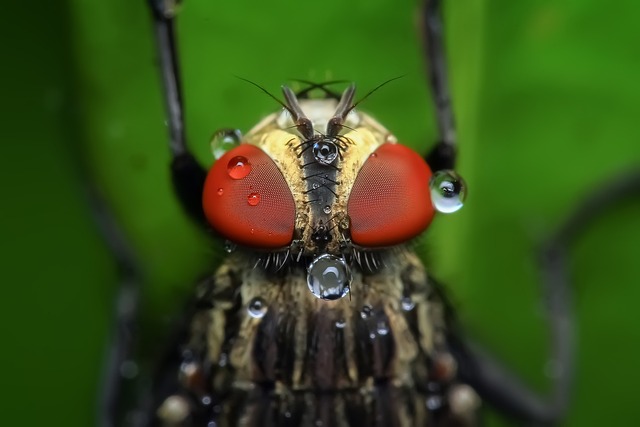
Commercial exterminator services encompass a wide range of pest control solutions tailored to meet the unique needs of businesses and commercial spaces. Beyond traditional residential treatments, these professionals offer specialized strategies for preventing and managing infestations in offices, retail stores, warehouses, restaurants, and industrial facilities. The scope includes identifying and eliminating various pests such as ants, roaches, termites, rodents, bees, and other invasive species that can disrupt operations and damage property.
Commercial pest control goes beyond mere elimination. It involves strategic planning, regular inspections, and ongoing maintenance to ensure a pest-free environment. Exterminators work with business owners to assess potential entry points, implement preventive measures, and provide customized treatment plans. This proactive approach not only protects the integrity of commercial spaces but also safeguards the health and safety of employees and customers, contributing to a positive brand image and seamless business operations.
Choosing the Right Exterminator: Factors to Consider
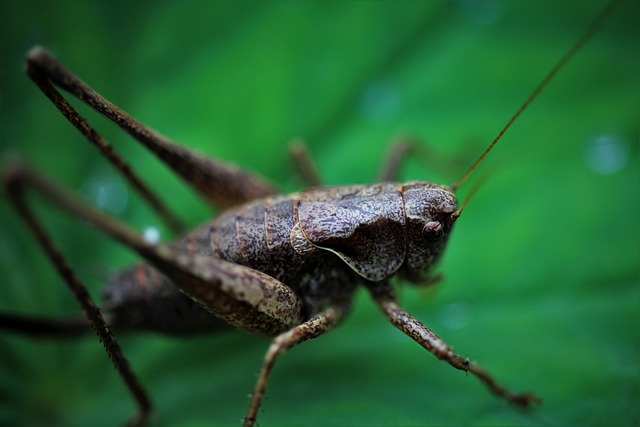
When seeking commercial pest control services, choosing the right exterminator is crucial for effective and safe treatment. Several factors come into play in this decision. First, consider the type of pests infesting your premises, as different experts specialize in dealing with specific insects or rodents. For instance, some companies might excel in managing termites, while others are better equipped to handle a broad range of common commercial pests, such as ants, roaches, and mice.
Secondly, ensure the exterminator is licensed and certified by relevant authorities. This guarantee assures compliance with safety standards and industry regulations. Reputable professionals will also offer transparent pricing, detailed treatment plans, and aftercare advice. Referrals from fellow business owners or online reviews can provide valuable insights into an exterminator’s reliability and customer service, further aiding in making the right choice for your commercial pest control needs.
Modern Techniques and Eco-Friendly Solutions in Pest Management

In today’s world, commercial pest control has evolved significantly, embracing modern techniques and eco-friendly solutions that are both effective and sustainable. Traditional methods often relied on toxic chemicals with potential environmental and health impacts, but contemporary approaches have shifted towards more environmentally conscious practices. Integrated Pest Management (IPM) is a prominent strategy, focusing on preventing and controlling pests through a combination of biological, cultural, physical, and chemical methods. This holistic approach minimizes the use of synthetic pesticides, encouraging instead the utilization of natural predators, traps, and targeted applications to mitigate pest infestations.
Eco-friendly solutions in commercial pest management are not only beneficial for the environment but also contribute to healthier indoor spaces for employees and customers. These practices include implementing regular inspections, sealing entry points, maintaining cleanliness, and using advanced technology like monitoring devices and heat treatments. Furthermore, biopest control agents, such as beneficial insects and microbial agents, are increasingly employed to target specific pests without causing harm to non-target organisms or the environment, thereby enhancing overall sustainability in commercial pest control.
Preventive Measures: A Proactive Approach to Pest Control
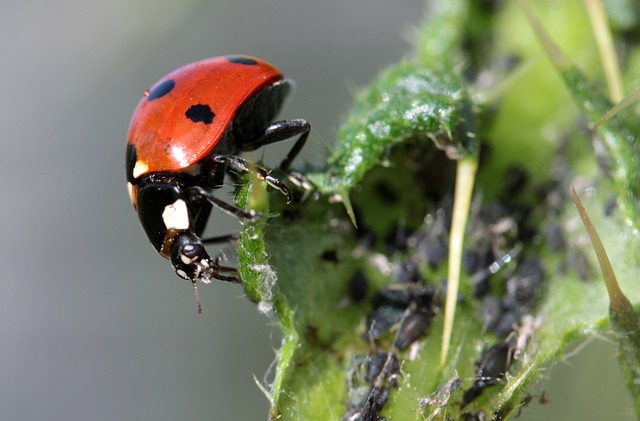
Commercial pest control goes beyond reactive measures; it’s about embracing a proactive, preventive approach to safeguard businesses and their operations. Regular inspections are a cornerstone of this strategy, enabling exterminators to identify potential entry points for pests and implement tailored solutions before infestations occur. By understanding the unique vulnerabilities of each commercial space—from food service establishments to warehouses—exterminators can develop customized plans that incorporate structural repairs, sanitization protocols, and targeted treatments.
Additionally, preventive measures involve educating businesses on best practices for pest management. This includes providing guidance on proper waste disposal, sealing entry points, maintaining cleanliness, and employing traps or monitoring systems as part of an integrated pest management (IPM) strategy. By empowering businesses with knowledge and tools, commercial exterminator services foster a more robust defense against pests, ensuring a healthier, safer, and more productive environment.
